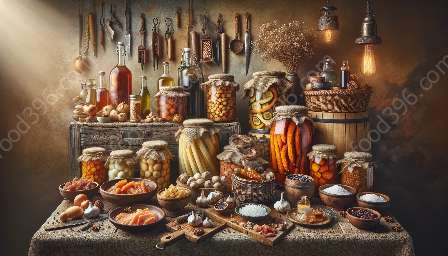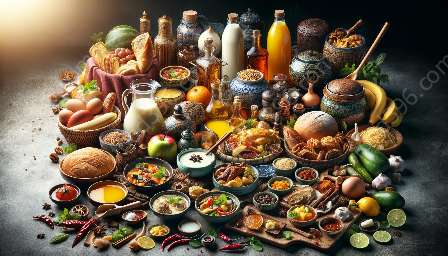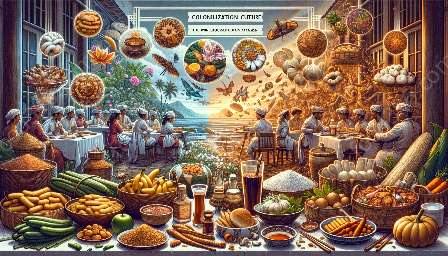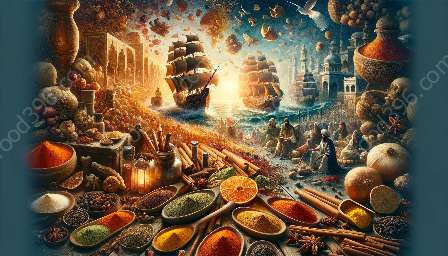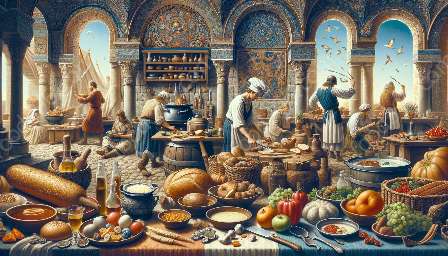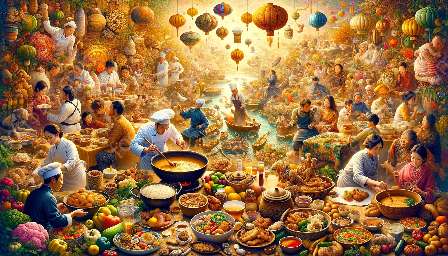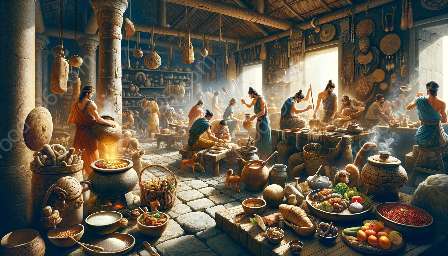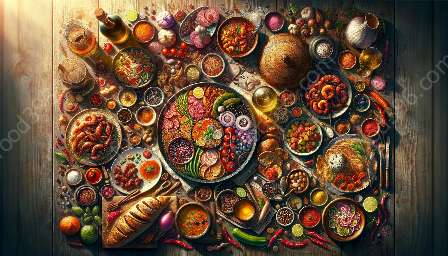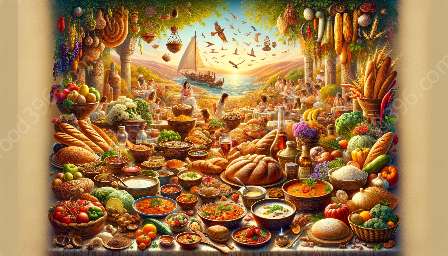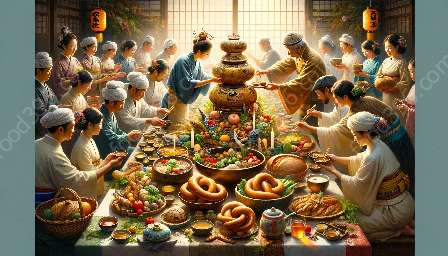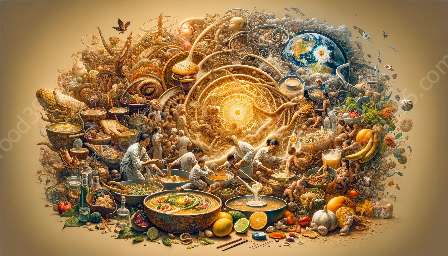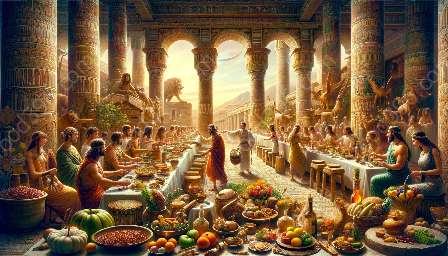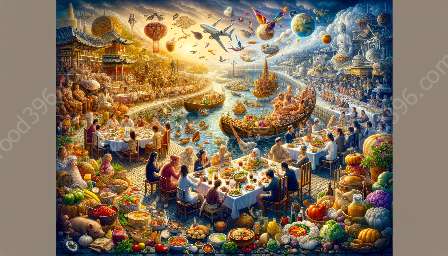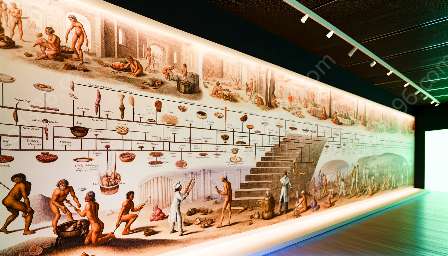Food is an essential part of human history and culture, and the culinary arts have played a significant role in shaping our food traditions. The study of culinary arts in ancient civilizations provides a fascinating glimpse into how different societies approached food and drink, showcasing the evolution of food culture over time. Through a deep dive into the culinary practices of early civilizations, we can gain insight into the origins of our modern food habits and understand the historical significance of various food traditions.
Ancient Egypt
Ancient Egypt offers a rich tapestry of culinary arts that reflect the cultural and religious beliefs of the time. The ancient Egyptians placed great importance on food and its preparation, considering it an essential part of daily life. The Nile River, with its fertile lands, provided a bountiful source of food for the population. Ancient Egyptian cuisine featured staples such as bread, beans, onions, and garlic, with meat being a luxury reserved for special occasions. The use of spices and herbs was prevalent, and the Egyptians employed fermentation techniques to make beer, creating a unique food and drink culture that endures to this day.
Greece and Rome
The culinary arts of ancient Greece and Rome were marked by an emphasis on flavor, variety, and balance. Both civilizations valued the use of fresh, seasonal ingredients and adopted a sophisticated approach to cooking. The Greeks introduced the concept of symposia, which were lavish feasts accompanied by music and entertainment. They also celebrated the idea of moderation in eating and drinking, an ethos that continues to influence modern food culture. The Romans, on the other hand, were known for their elaborate banquets and the development of complex culinary techniques. They incorporated ingredients from their vast empire, contributing to the diversification of food and drink practices across different regions.
Ancient China
Ancient Chinese culinary arts were deeply intertwined with the country's rich cultural and philosophical heritage. The Chinese placed significant importance on the concept of balance and harmony in food, aiming to achieve flavors that encompassed the five fundamental tastes: sweet, sour, bitter, spicy, and salty. The use of culinary herbs and techniques such as stir-frying and steaming formed the foundation of Chinese cooking and continue to be integral to modern Chinese cuisine. Additionally, the tradition of tea drinking, which is deeply rooted in ancient Chinese culture, has greatly influenced global food and drink practices.
Food Culture and History
Exploring the culinary arts in ancient civilizations allows us to understand the historical context of food culture and its impact on societal development. The diets, cooking methods, and eating habits of early civilizations laid the groundwork for the diverse food cultures we encounter today. Studying the food culture and history of ancient civilizations provides valuable insights into the social, economic, and religious aspects of these societies, shedding light on their values and traditions.
Impact on Modern Food & Drink
The culinary arts of ancient civilizations have left a lasting legacy on modern food and drink. Many of the ingredients, techniques, and flavor profiles that originated in early societies continue to influence contemporary cuisine. The preservation and evolution of traditional recipes and culinary methods serve as a testament to the enduring impact of ancient culinary arts. Furthermore, the cultural exchange facilitated by the trade and migration of ancient civilizations has contributed to the diversity and fusion of food and drink traditions worldwide.
Conclusion
Culinary arts in ancient civilizations offer a captivating glimpse into the origins of food culture and history, showcasing the diverse approaches to food and drink that have shaped human society. By delving into the culinary practices of ancient Egypt, Greece, Rome, China, and other early civilizations, we gain a deeper appreciation for the enduring influence of these culinary traditions. Understanding the historical context of food culture allows us to connect with our shared culinary heritage and recognize the profound impact of ancient civilizations on the way we eat and drink today.



